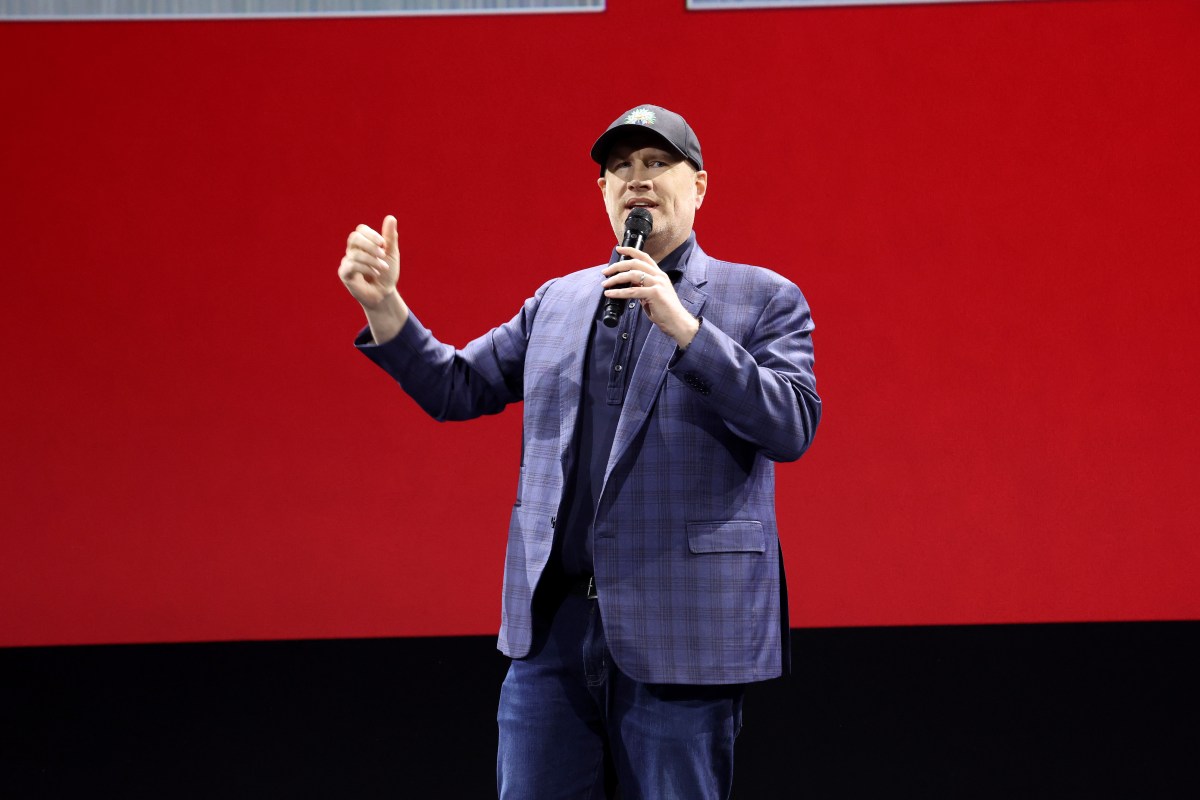When the studio changed the name of its franchise from the Sony Pictures Universe of Marvel Characters to Sony’s Spider-Man Universe, it became crystal clear that the lines between the world inhabited by Tom Hardy’s Venom and Kevin Feige’s mythology over at Marvel Studios would become increasingly blurred.
To the surprise of nobody, that’s exactly what happened, with the post-credits scene of Let There Be Carnage shifting Eddie Brock into the same reality as Tom Holland’s Spider-Man. Throw in the MCU’s Michael Keaton reprising his role as Adrian Toomes in Sony’s Morbius, and the groundwork is being laid for what’s surely going to be an epic crossover event that finds Spidey, Venom and the Sinister Six sharing the screen.
In an interview with Collider, Kevin Feige explained how it was decided to have Venom be the one to make the jump to the MCU, when it could have just as easily gone the other way around with Holland showing up for a cameo in a Sony-backed project.
“You look at the obvious comic connotations between Venom and Spider-Man and it is inherent. So the minute Sony made their Venom movie and it worked as well as it did, and Tom Hardy became as iconic as he has become as Venom, then the obvious question is then, ‘How do we start to merge them?'”
These plans have been in place since long before Venom: Let There Be Carnage entered production, and given Sony’s history of haphazard world-building, we can probably assume that Feige has been involved since the beginning, making us very curious to see where the dominoes fall in the aftermath of Spider-Man: No Way Home.
